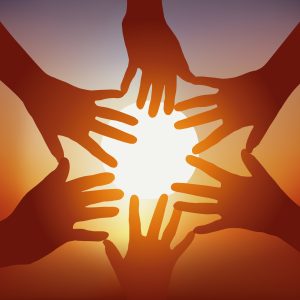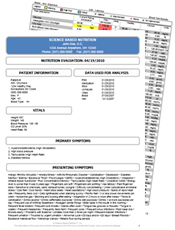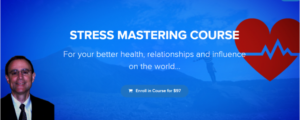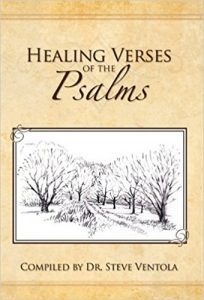In following up from my post of last week I thought it would be good to review the idea of Soft Fascination so you can find expanded ways of bringing regeneration to your brain and nervous system especially.
Here is the article for your review.
It was written by my friend, Dr. Dennis Perman.
“I received an article from dear old friend, longtime Masters Circle member and frequent contributor Dr. Myles Starkman of Miami Florida, explaining how “soft fascination,” a euphemism for being somewhat aware of things that aren’t too intense, gives your brain a welcome respite.
In a recent article called “How ‘Soft Fascination’ Helps Restore Your Tired Brain,” published at “The Nuance,” writer Markham Heid states, “Attention fatigue is a threat to your cognitive and mental health.” Current research demonstrates that excessive “directed attention,” the kind you have to expend effort to accomplish, wears out your brain, while experiences that “broaden and soften” your attention “may reinvigorate your brain and promote psychological and cognitive wellbeing.”
The impact of this phenomenon is obvious – when you overwork your attention, it generates sympathetic stress and burnout, and your ability to focus decreases significantly, according to a 2019 paper from the journal “Occupational Health Science.” Paradoxically, just barely stimulating your attention produces a feeling of ease and actually supports upcoming directed attention.
So then, “soft fascination” is the level of excitement that will “gently engage the brain’s attention without unhelpfully concentrating it.” And what do these researchers recommend as the best way to create soft fascination? It’s no shock that communing with Nature, with all its subtlety and infinite flow, is the prime activity of choice.
A 2010 study in “Perspectives on Psychological Sciences” concluded, “What makes an environment restorative is the combination of attracting involuntary attention softly while at the same time limiting the need for directing attention,” and the great outdoors seems to hit that sweet spot for most of us.
And, the opposite is also true – those activities that tend to commandeer your attention, like reading, interacting with others, and the use of phones, tablets, computers and TV will deplete our brain energy, even if we find them entertaining. They just do not recharge the brain like soft fascination will.
The problem is, contemporary lifestyles often include “distractions, multitasking behaviors, loud noises, bustling urban environments, (and) poor sleep,” all of which promote attention fatigue.
The resolution is clear enough – we need to discover how to rebalance and revitalize our brains, to rescue ourselves from the turmoil of everyday living. No matter how busy you are, make it a special mission to find time for soft fascination, so your brain can replenish its energy and thereby serve you at the level you prefer. Meditation, HeartMath, walking outside or just chilling, find your way, and do it.
In Jim Loehr and Tony Schwartz’s landmark book “The Power of Full Engagement,” they proclaim that optimal engagement is a cycle between stress and recovery, physically, mentally, emotionally and spiritually. By establishing, practicing and mastering the recovery phase as well as the stress phase, you will get more mileage out of your brain and body, and you’ll get better results, too.”
Dennis Perman DC, for The Masters Circle Global
Hope you found this helpful as I have.
For our Greater Health,
Dr. Steve
P.S. Personally I find meditating on verses in the Book of Psalms to be a way of soft fascination. I published a book entitled, “Healing Verses of the Psalms” where I distilled such verses with a healing nature for easy reference that contains beautiful drawings accordingly done by my artistic friend.
Here is a link where you can read more about if you are so inclined. https://www.amazon.com/Healing-Verses-Psalms-healing-reference/dp/098295980X/ref=sr_1_2?ie=UTF8&qid=1497098429&sr=8-2&keywords=healing+verses+of+the+psalms





